The Importance of Responsible Metal Recycling and How DWL Metal Recycling Is Leading the Way
As technology rapidly progresses and our daily lives become more intertwined with a myriad of devices and machines, the need for metals increases significantly. However, this surge in metal usage has a darker side; it has led to increased environmental concerns, such as resource depletion and pollution. This is where metal recycling becomes not just important but crucial for a sustainable future. Dorset Waste Ltd (DWL Metal Recycling) is at the forefront of this eco-friendly revolution, transforming what was once waste into valuable resources yet again.
In this article, we'll dive into the benefits of metal recycling, the environmental impact, and how DWL Metal Recycling is paving the way for a greener, more sustainable industry.
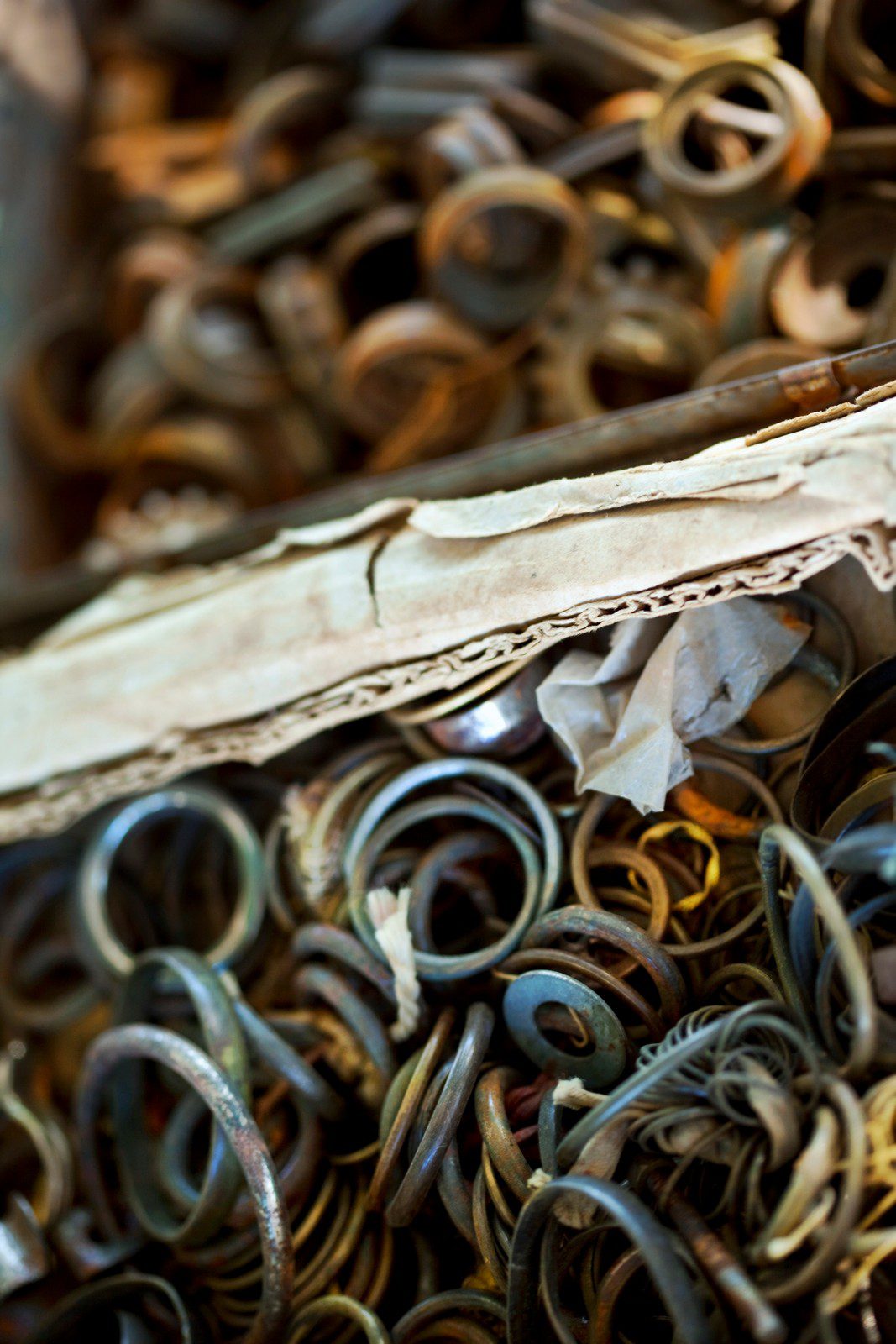

Why Metal Recycling Matters
Preserving Natural Resources
Earth's natural metal reserves are finite, and the incessant mining to meet the global demand is depleting these at an alarming rate. Recycling metals reduce the need for mining, conserving natural resources and minimising the ecological footprint of metal production.
Reducing Energy Consumption and Pollution
Metal recycling is a significantly more energy-efficient process than extraction from ore. By opting to recycle, we cut down on energy consumption and, consequently, reduce pollution and greenhouse petrol emissions that contribute to climate change.
Economic Benefits
Recycling industries not only help in conserving the environment but also create jobs. According to research, recycling and reuse activities in the UK contribute to the economy by creating jobs in the supply chain and bringing in revenue from sales of recycled materials.
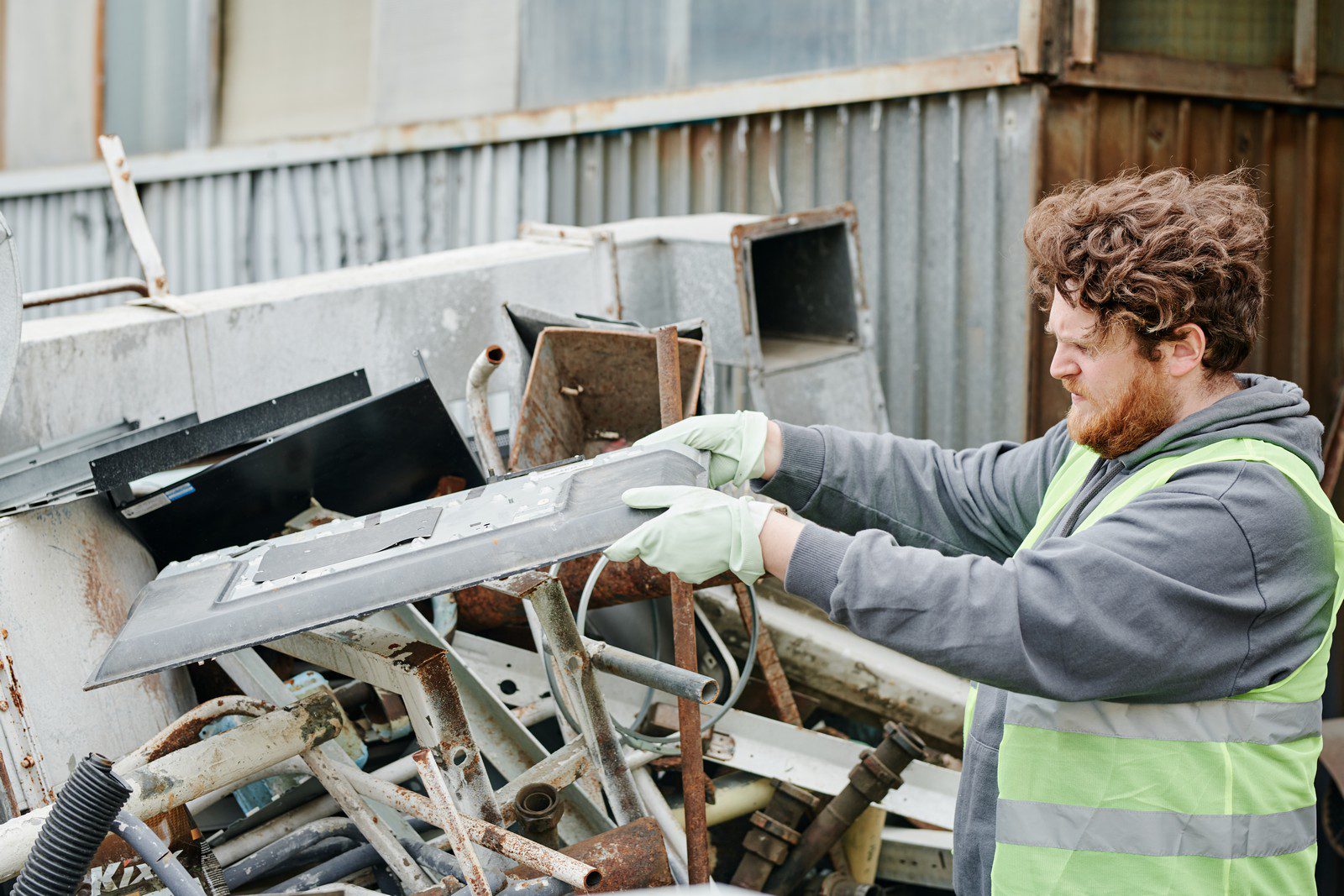

How DWL Metal Recycling Contributes
Advanced Recycling Technology
DWL Metal Recycling incorporates the latest in recycling technology, ensuring that metals are efficiently processed and repurposed. This not only enhances the recycling capabilities but also reduces the environmental impact of the process.
Environmental Compliance and Safety
Adhering to UK environmental regulations, DWL Metal Recycling ensures that its operations are compliant with the highest safety and environmental protection standards. This commitment extends to every aspect of their service, from collection and handling to processing.
Community Engagement and Education
DWL Metal Recycling isn’t just about recycling; it's also dedicated to educating the community on the benefits of metal recycling. By engaging with local schools, businesses, and residents, they foster a culture of recycling within the community.
The Process and Benefits of Metal Recycling with DWL
Step-by-Step Recycling
There's a meticulous process that metal items undergo at DWL Metal Recycling. From collection and sorting to shredding and melting, each step is vital to transforming scrap into reusable material effectively.
Ecological Impact
Through their state-of-the-art processes, DWL reduces the ecological impacts of metal waste. Each tonne of metal recycled is a step towards a cleaner, more sustainable environment.
Tailoring Services to Needs
Whether you're an individual with a handful of metal items or a business with large quantities of scrap, DWL Metal Recycling offers tailored services to accommodate your needs.
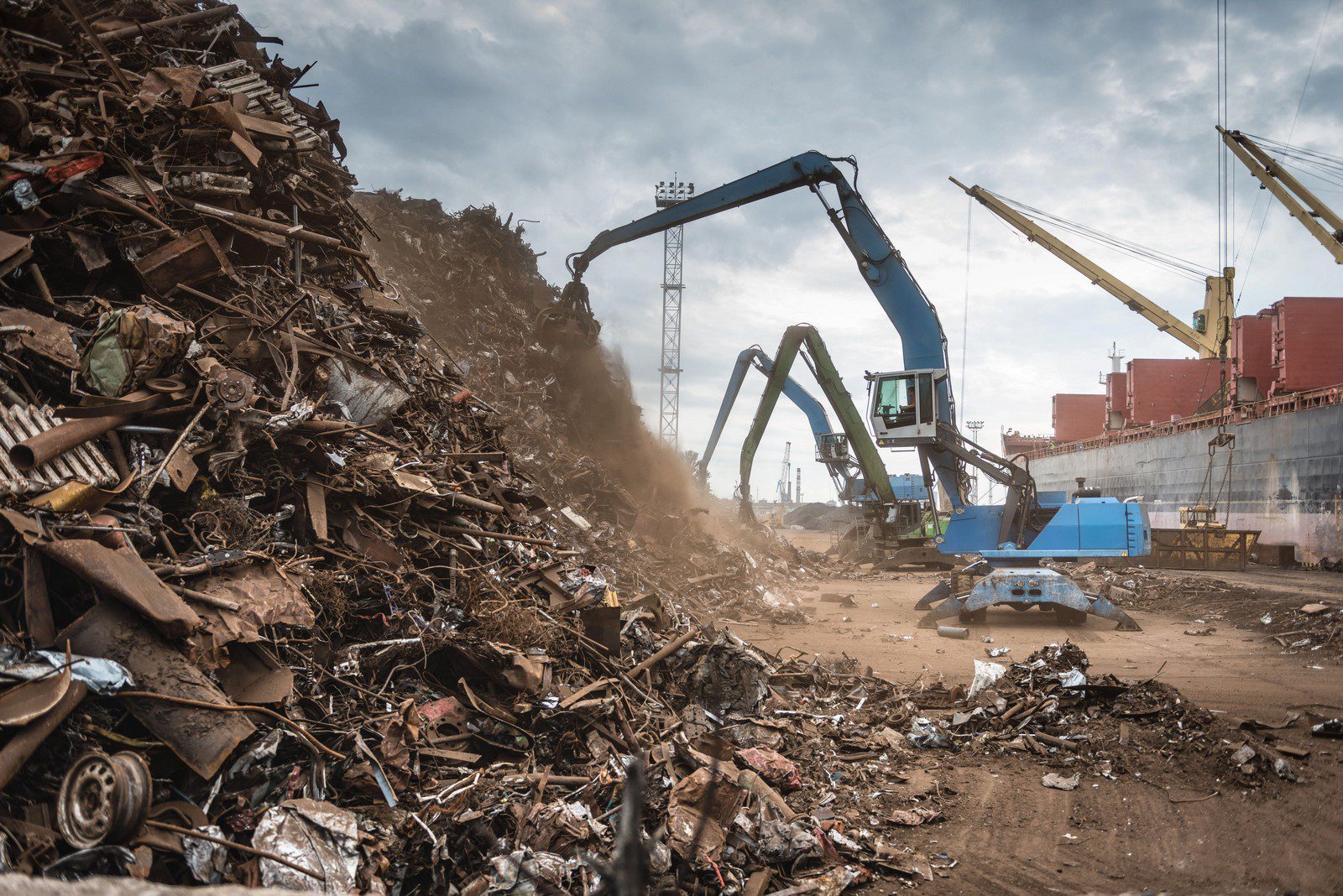



Navigating The Future of Metal Recycling
Navigating the future of metal recycling is no small task, but DWL is committed to innovation and adaptation. By continuously improving upon their processes and practices, DWL is leading the charge in the UK's metal recycling efforts.
Frequently Asked Questions about Metal Recycling
Q1: What types of metals can be recycled?
A1: Most types of metals can be recycled, including aluminium, steel, copper, and brass. DWL can handle a broad range of metal waste products.
Q2: How is the quality of recycled metals?
A2: Recycled metals are of high quality and can often be used in the same applications as virgin metals. DWL Metal Recycling ensures that the quality of the recycled product meets industry standards.
Q3: Is metal recycling cost-effective?
A3: Yes, it is. Processing recycled metals is less energy-intensive and less expensive than extracting and refining new metals.
Q4: How can I start recycling metals?
A4: You can start by gathering any unwanted metal items and contacting DWL Metal Recycling for advice on collection or drop-off.
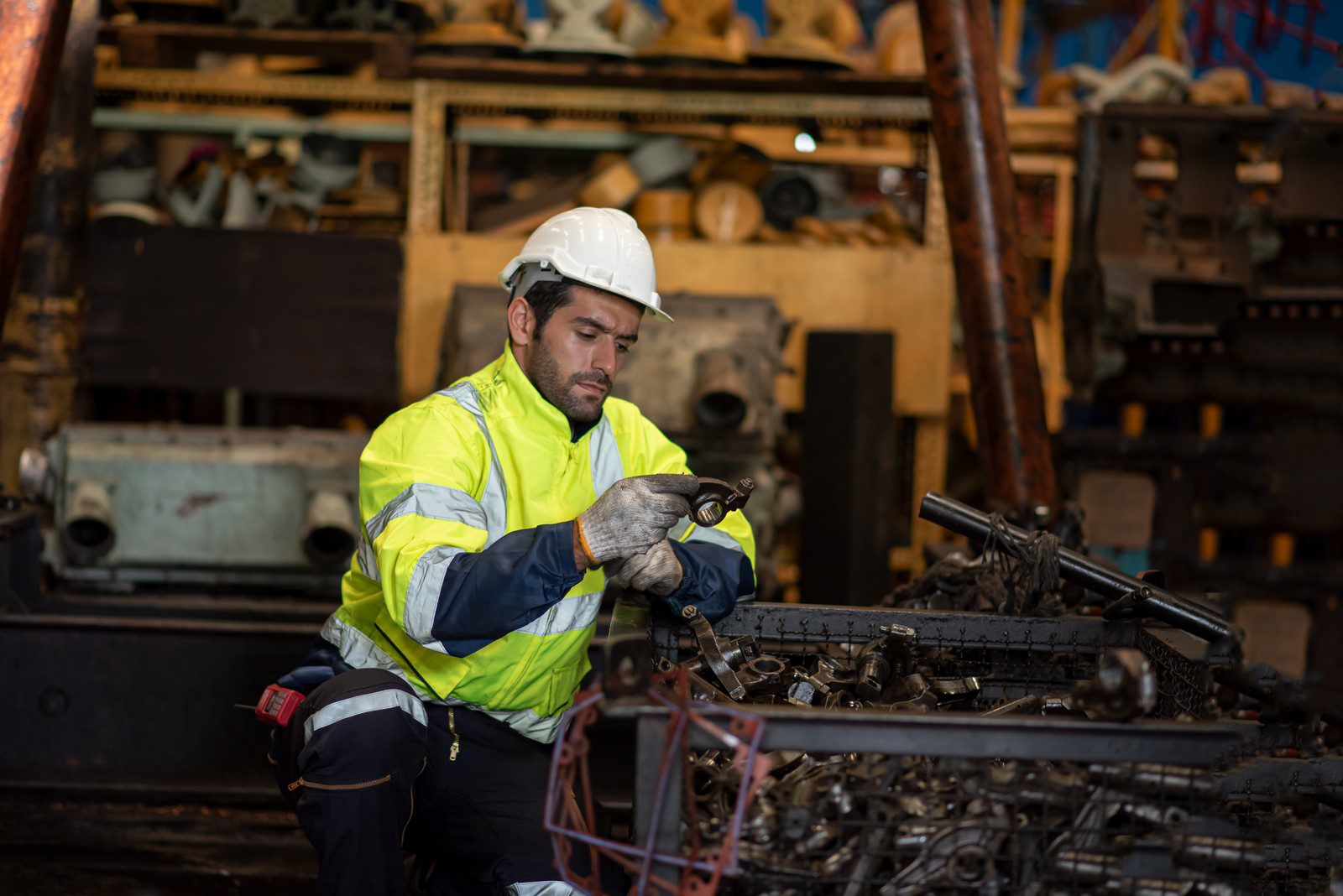

Conclusion: Forge Ahead with DWL Metal Recycling
To conclude, metal recycling is an essential aspect of modern sustainability efforts. It preserves natural resources, saves energy, and supports the economy, all while minimising environmental impact. DWL Metal Recycling not only provides a service but also embodies the environmental ethos needed for these practices to become more than a service, but a necessity.
In Colchester and beyond, initiatives like those of DWL are instrumental in shaping a greener future. We invite you to join the movement—recycle your metals with DWL Metal Recycling and become part of the solution for a cleaner, more sustainable world.
Are you ready to start recycling with a responsible and efficient partner? Contact DWL Metal Recycling today and take the first step towards a better tomorrow.
Remember, every piece of metal recycled is a win for the environment and the economy. Let's work together to make a difference—one metal item at a time.
What are your thoughts on the importance of metal recycling? Have you engaged in recycling practices recently? Share your experiences and join the conversation in the comments section below.


